To the young, the journey into old age may look like a downhill slide, but for those on that road, it can feel like an uphill slog.
Being a dietitian for the aging and the elderly has been my primary dietetic career. Working mostly in care homes I am often aware that I walk into a world of loss – loss of independence, a chosen home, a life partner, friends and sometimes children, health and even memories.
Those layers of loss can be overwhelming at times, and can present a thick screen behind which lie dignity, courage, graciousness, and determination.
And the reasons for referring to a dietitian in aged care are often related to a loss of some kind, such as a loss of weight, appetite, the ability to chew or swallow safely, mobility or intact skin. These markers are easy to measure and monitor, and that is critical for good care.
But my job is to look past the immediate loss to see the individual and acknowledge their unique person.
From there we can piece together a strategy towards health that is tailored to the individual from where they are at that moment.
What are their comfort foods?
Do they like milky drinks or do they consider them fit for young children only?
Does the idea of having soft food that needs little effort to chew bring relief or dismay?
Are they happy to use their hands to eat or is that an affront to their dignity?
My input for managing the challenges will fit together to protect the person and dignity of that elder.
I have been asked if I feel sorry for the people I work with in care homes.
Absolutely not: I get to work with brave, determined and gracious people who, should we learn how to see, continue to show us the way forward in life.
Don’t be fooled: the outer layers of loss, which are significant, that we associate with the latter years of life can hide an inner resourcefulness.
Know that courage doesn’t always look noble. Sometimes it looks like stubbornness, like when Mr. Y persists in feeding himself despite a significant hand tremor. Meals are not a tidy process but he is not yielding what he can do before he has to.
Dignity is often subtle, such as when Mrs. J refuses assistance with her meal and takes her time, eating tiny, dainty mouthfuls she has cut herself.
I can get anxious about whether she is eating enough, but protecting space for the dignity of independence and an unhurried meal is just as important. My energy is best put into making sure her food is easy for her to cut and that every mouthful delivers a tasty, nutritious punch.
The journey at the end of our life takes greater character, determination and courage than is obvious to the distracted, busy eyes of the young.
Our elders do need support from us, but they continue to show us the way forward. They still have gifts to share, if we have the eyes to see.
If you are finding supporting your elders more challenging that you want it to be, consider giving me a call. I offer a variety of nutrition assessment and training options tailored for your needs and situation.
Book in for a free 15 min discovery call to find out more.

